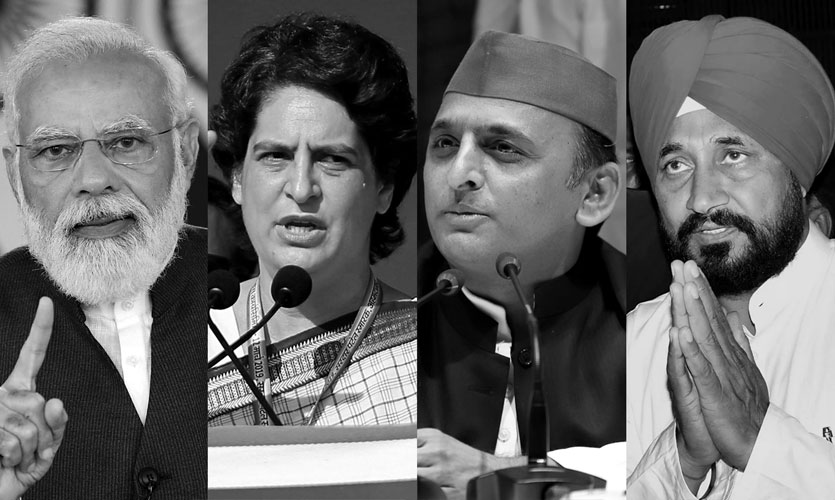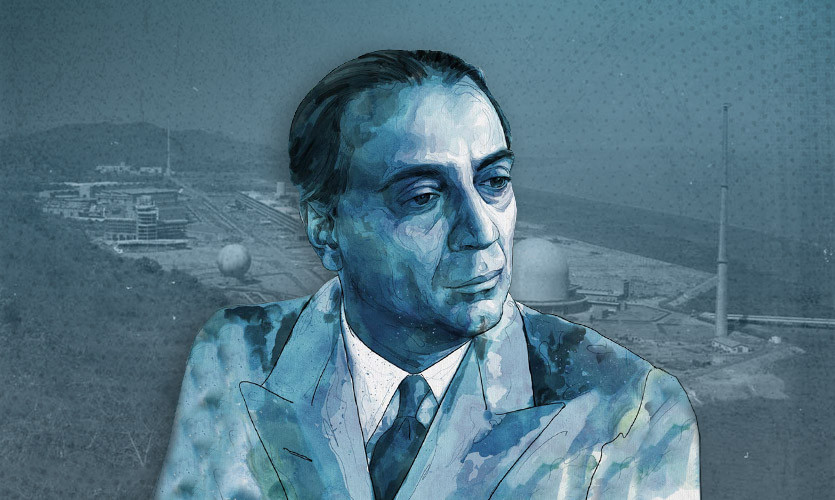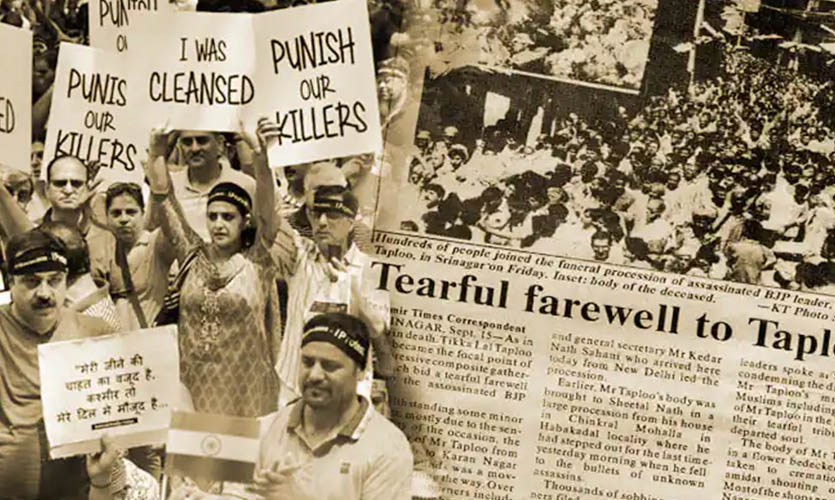As an election draws closer, politicians – both incumbent and otherwise – are expected to make themselves and their abilities known, louder than usual.
While several states are scheduled to go to polls in 2022 with people gearing up to decide which party is the lesser of two (perhaps more) evils, Punjab and Uttar Pradesh are the most attention garnering. Is there a difference between the approaches adopted by the serving governments in both states?
Punjab
The Congress has been infamous for appeasement politics since before the partition. Staying true to the same but also its historic and almost extinct penchant for politics, the grand old party replaced the former chief minister Capt. Amarinder Singh with Charanjit Singh Channi. At the time of appointment, the new CM enjoyed the support of most Congress camps, including that of Punjab Pradesh Congress Committee chief Navjot Singh Sidhu. Moreover, by appointing a Dalit Sikh as the head of the state, the Congress secured a sizeable vote bank (no matter how progressive, caste has always been central to India’s politics).
CM Channi has sprung into action since his appointment. However, his most defining decision besides making Punjabi compulsory for class one to ten students came last week, when he relayed his stand on the farm laws and his support to those protesting. In a tweet on November 12, the chief minister announced a compensation of Rs 2 lakhs for those arrested during the tractor rally on the Republic Day this January. “Reiterating My Govt’s stand to support the ongoing #FarmersProtest against three black farm laws, We have decided to give Rs 2 lakh compensation to 83 people arrested by Delhi Police for carrying out a tractor rally in the national capital on 26th January, 2021,” read his tweet. The rally of 5000 tractors had ended in the vandalism of the Red Fort, damage to eight DTC buses, more than 300 barricades, four containers, 17 public vehicles, injury of more than 300 policemen, and one farmer death.
Channi’s and the Congress party’s efforts to recognise the farmers and create further chaos in the garb of standing up for them seem to have paled with PM Narendra Modi’s address to the nation this morning. He said that that the process of revoking the farm laws will be completed within this month, before the winter session of the Parliament draws to a close. As reported by ANI, the prime minister today, on Guru Nanak Jayanti, also said, “We have also decided to implement Zero Budget Natural Farming…To make MSP more efficient & other issues…a committee to be formed which will comprise Centre, State representatives, farmers, scientists, economists…” While some leaders such as former Punjab CM Capt. Amarinder Singh have welcomed the decision, most opposition and senior farmer leaders have underscored that they forced the hand of the central government and that it is a victory for India’s farmers. Despite acknowledging the Centre’s failure to get the farmers on the same page, the prime minister’s announcement was seen as a gesture of magnanimity, which is not a far-fetched conclusion to jump to. However, it remains unclear if this will result in the termination of the farmers’ protest.
The All Indian Kisan Sabha General Secretary Hannan Mollah has said, “We will continue our struggle till the Minimum Support Price Act is passed.” The Bharatiya Kisan Union’s national spokesperson Rakesh Tikait said that the Centre should initiate talks on MSP and other issues. He reiterated the stance of senior farm leaders that they will continue to struggle until the laws are officially repealed in Parliament. The Samyukta Kisan Morcha (SKM) has also issued a statement, saying, “…The agitation of farmers is not just for the repeal of the three black laws, but also for a statutory guarantee of remunerative prices for all agricultural produce and for all farmers. This important demand of farmers is still pending. So also is the withdrawal of the Electricity Amendment Bill. SKM will take note of all developments, hold its meeting soon and announce further decisions.” Interestingly, Congress MP P. Chidambaram has noted, “What cannot be achieved by democratic protests can be achieved by the fear of impending elections.”
Apart from these developments, the reopening of the Kartarpur Corridor does not seem to have faced opposition. Even though the Punjab government is at loggerheads with the Centre at most times, as a significant representative of the Congress for the time being CM Channi has lauded the decision.
While the new youth voters may be able to see through the clout of caste and appeasement, not much can be said with certainty about an udta Punjab.
Uttar Pradesh
The recent TIMES NOW-Polstrat Opinion Poll has projected the BJP as the winning party in the 2022 UP assembly election. Conducted between November 6 and 10, the survey hints at a clear majority of 239-245 seats for the CM Yogi Adityanath-led government, with an error margin of 3 percent. In the opinion poll conducted across the state with 9000 participants, the Samajwadi Party (SP) emerged as second best with 119-125 seats, while the Bahujan Samaj Party (BSP) bagged 28-32. The random stratified sample did not seem impressed with the Congress, with the projection dispensing only 0-2 seats to the party in the Doab region. Although a stronger sentiment of anti-incumbency can be expected, it may fail to leave a considerable impact at least for the next five years.
The Lakhimpur Kheri incident is expected to create a serious impediment to the BJP’s election. However, the opinion poll conducted by Polstrat, Awadh region that comprises the Lakhimpur Kheri district is projected to give maximum votes to the BJP. The survey shows that the BJP would bag 69-72 seats, as compared to 84 in the last election. The SP is expected to remain a distant second in the region with 23-26 seats, while the BSP could claim 7-10 seats. The situation in the region and the rest of the state may improve for the BJP after PM Modi’s address revoking the farm laws this morning. Moreover, as political commentator Shehzad Poonawalla highlighted, “This poll was conducted before Akhilesh Yadav’s ‘Jinnah’ remark. That self-goal dramatically changed the situation on the ground.” Yadav, on Sardar Patel’s birth anniversary on October 31, had made a statement addressing a public rally, saying, “Sardar Patel, Father of the Nation Mahatma Gandhi, Jawaharlal Nehru and (Muhammad Ali) Jinnah studied in the same institute and became barristers. They helped (India) get freedom and never backed away from any struggle.”
While the BJP enjoys the support of a vast majority of non-Yadavs and non-Jatav Dalits in the state, Akhilesh Yadav has been gathering troops in full swing. Although it is uncertain whether the huge footfall at his rallies will translate into votes, the SP is still expected to fare substantially better than the Congress. The AICC General Secretary Priyanka Gandhi Vadra has made her presence known in the state since the past few months, rushing to victims’ and their kin’s sides, be it following the Lakhimpur Kheri incident or the Hathras rape case. While they may have made for great photo opportunities in the eyes of loyal voters, they do not seem to have helped the party change the mood in the region.
The Congress and SP are also expected to struggle on the development front. PM Modi inaugurated the 341 kms long Purvanchal Expressway earlier this week in UP. Supposed to be the biggest completed infrastructural project by the UP government, the expressway is expected to contribute vastly to the economic and industrial progress of the state. Interestingly, following the inauguration, SP leader Akhilesh Yadav was the first to take out a massive rally on the expressway. He addressed the people in attendance and said, “We have yellow from Om Prakash Rajbhar, the SP’s green and red and soon we will have green and white from the RLD. We have multiple colours with us, unlike the BJP that just has one colour. Those with one colour do not represent all and will not be able to do any good for you.”
What Do We Think?
The Centre’s decision to repeal the farm laws, even though in compliance with the farmers’ demands (or half of them), is not without political motivation. Anil Ghanwat, one of the members of the Supreme Court-appointed panel made to study the farm laws, said, “This is the most regressive step by Prime Minister Narendra Modi as he chose politics over farmers’ betterment.” He added, “Our panel had submitted several corrections and solutions over the three farm laws, but instead of using it to solve the impasse, Modi and BJP chose to backtrack. They just want to win elections and nothing else.”
Even though the BJP’s enthusiasm to climb down and give in to the farmers’ wants may be politically charged, pushing the Centre further to ensure MSP by continuing to protest may be counterproductive, despite it assuring a committee probe into the matter. The nationwide protest scheduled for November 27 to mark one year of the farmers’ protest, seems irrelevant. Moreover, if this is followed by another ruckus created by the opposition during the winter session of the Parliament later this month, which as they proved during the monsoon session is certainly not beneath them, they may manage to hand both states over to the Sangh on a lotus platter.
The Horus Eye is a weekly column written by Divya Bhan analysing current affairs and policies. This column does not intend or aim to promote any ideology and does not reflect the official position of The Sparrow.
Also read: Farmers’ Protest: Justified Or An Unnecessary Impasse?










